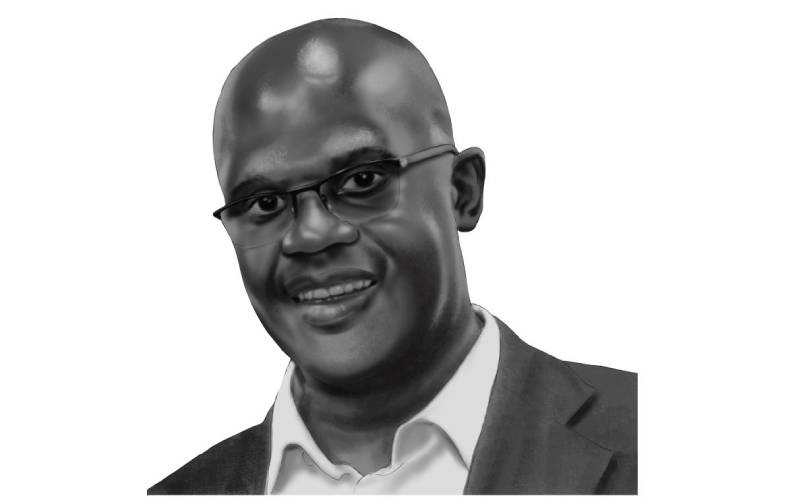
The Opposition plays an important role in a robust democracy. Besides, debating and raising the quality of parliamentary debates and legislation, we know that the Opposition is the chief auditor of government operations through its oversight role of scrutinising government policies, decisions and acts of omission or commission. It holds a government accountable for how it delivers public services and therefore promotes transparency.
Further, we know that the Opposition offers alternative policies and solutions to the government. As an arm of government, the Opposition has access to critical information that the public may not easily have access to. It uses such information to critique as well as offer perspectives to the government.